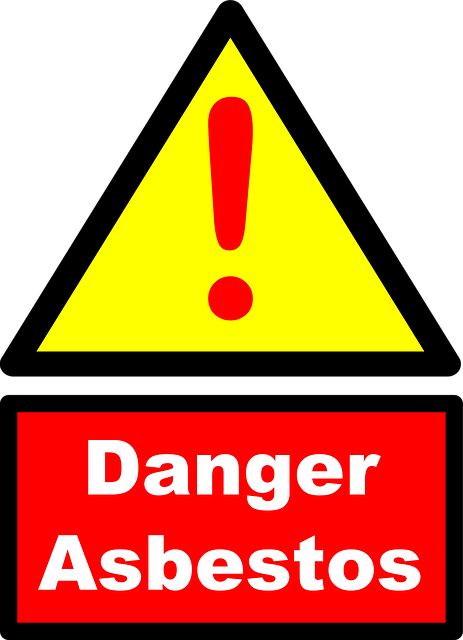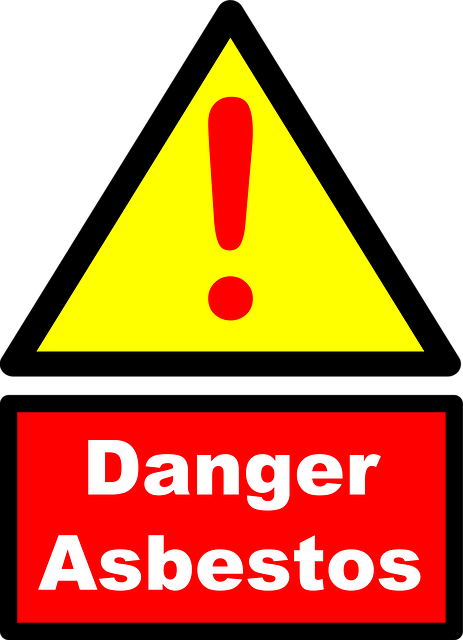Peoria Mesothelioma, a rare yet aggressive cancer, is largely driven by historical asbestos exposure in construction and industry. Early detection through awareness of symptoms like chest pain, breathing difficulties, coughing, and unexplained weight loss is vital for effective management. Prompt medical advice for potential asbestos exposure is key, as the disease's latency period can extend up to 50 years. Recognizing symptoms and regular check-ups, especially for those with asbestos histories, significantly improve treatment outcomes for Peoria Mesothelioma.
In Peoria, mesothelioma, a rare and aggressive lung disease, has emerged as a significant health concern. This article delves into the multifaceted nature of this deadly condition, starting with an understanding of mesothelioma and its various forms. We then explore the unique causes behind mesothelioma in Peoria, highlighting occupational risks and environmental factors. Finally, we shed light on crucial symptoms, emphasizing early detection as a key strategy for effective treatment. Recognizing these signs is vital for those potentially exposed to asbestos, particularly in the local industrial landscape of Peoria Mesothelioma.
- Understanding Mesothelioma: A Deadly Lung Disease
- Uncovering the Causes of Mesothelioma in Peoria
- Recognizing the Symptoms: Early Detection is Key
Understanding Mesothelioma: A Deadly Lung Disease

Mesothelioma, a rare and aggressive form of lung cancer, has been a growing concern in Peoria and across the nation. This deadly disease primarily affects the thin layer of tissue that covers the lungs, heart, or abdomen. In the case of Peoria Mesothelioma, the risk is often associated with past exposure to asbestos, a mineral once widely used in construction and industrial settings.
Understanding mesothelioma is crucial for early detection and effective treatment. Symptoms can include chest pain, shortness of breath, coughing, and unexplained weight loss. The progression of this disease is swift, making it vital for residents of Peoria who believe they may have been exposed to asbestos to seek medical advice promptly. Early diagnosis is key to managing mesothelioma and exploring available treatment options.
Uncovering the Causes of Mesothelioma in Peoria

In Peoria, as with many regions, the primary cause of mesothelioma is prolonged exposure to asbestos. This mineral, once widely used in construction, automotive, and industrial materials due to its fire-resistant properties, is now known to be highly toxic. Workers in industries such as manufacturing, shipbuilding, and construction are at a higher risk of developing mesothelioma after inhaling or swallowing asbestos fibers. Even secondhand exposure through family members working with asbestos can lead to this severe disease.
The latency period for mesothelioma symptoms to appear can range from 20 to 50 years, making it challenging to pinpoint the exact cause in many cases. Early diagnosis is crucial for Peoria residents with a history of asbestos exposure, as prompt medical attention can significantly improve treatment outcomes. Recognizing the symptoms, including chest pain, difficulty breathing, and unexplained weight loss, is essential in seeking help and potentially preventing the progression of this aggressive form of cancer.
Recognizing the Symptoms: Early Detection is Key

Recognizing the symptoms of mesothelioma in Peoria is a critical step in ensuring timely treatment and better prognosis. This cancer, primarily linked to prolonged exposure to asbestos, can present itself in various ways, often making it difficult to diagnose early on. Symptoms may include persistent coughing, chest pain or discomfort, shortness of breath, and unexpected weight loss. In some cases, patients might notice a visible bulge or mass in the chest area, which could be indicative of an enlarged pleura—the thin membranes that line the lungs and chest cavity.
Early detection plays a pivotal role in managing Peoria mesothelioma effectively. As symptoms often develop gradually, it’s essential to pay attention to any unusual changes in your body. Regular check-ups with healthcare professionals, especially for those with a history of asbestos exposure, can significantly improve the chances of identifying mesothelioma at an early stage. This allows for more aggressive and targeted treatment options, potentially leading to better outcomes.
Mesothelioma in Peoria, often referred to as Peoria mesothelioma, is a serious lung disease with specific causes tied to exposure to asbestos. Recognizing early symptoms is crucial for effective treatment. By understanding both the origins and signs of this condition, residents of Peoria can take proactive measures to protect their health and seek timely medical attention if needed. Early detection plays a vital role in navigating this complex disease, offering better outcomes for those diagnosed with mesothelioma in Peoria.
